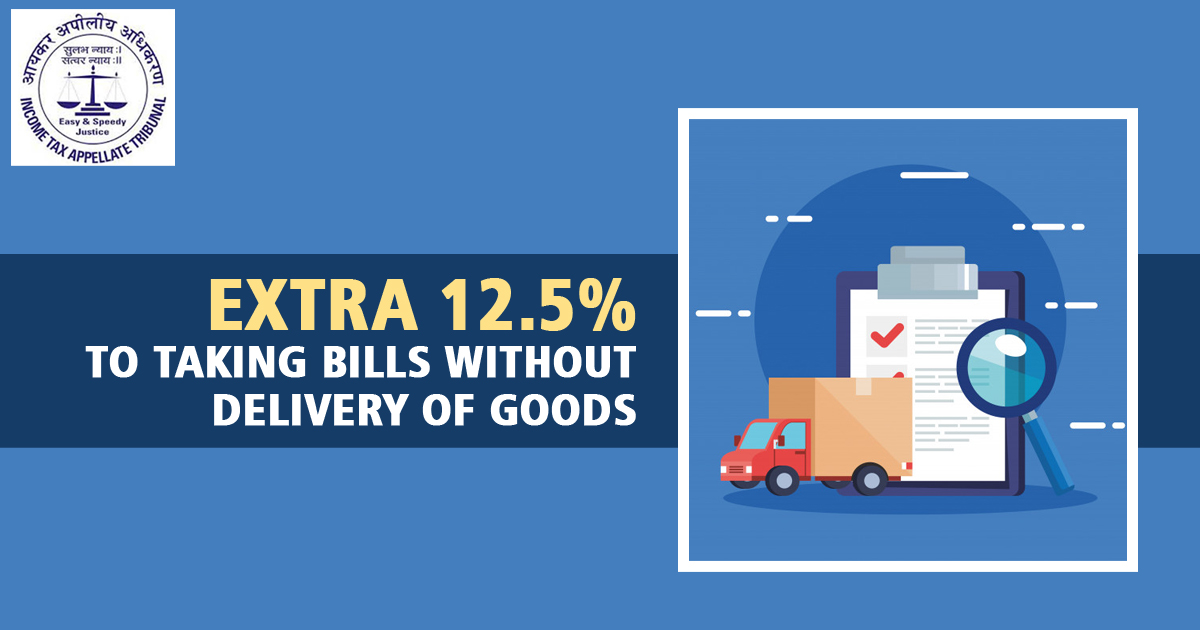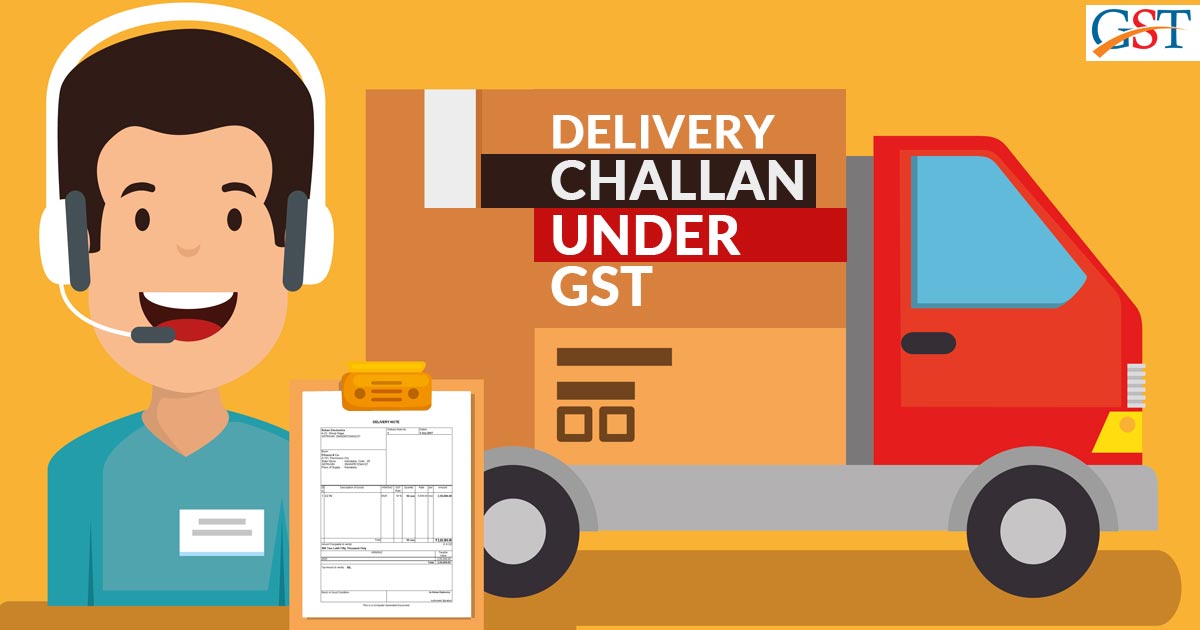
The Income Tax Appellate Tribunal (ITAT) has seconded the decision of the Commissioner of Income Tax (CIT) about an additional 12.5% for taking the bills without any delivery of the goods.
Vijay B Shah, the Karta of a Hindu Undivided Family (HUF), indulges in a business of trading of iron and steel. The assessing officer (AO) had reopened the file of the assessee after he got the information that the assessee was accommodating the purchase bills and the AO found out that the assessee was undertaking the purchase bills without making the delivery of the goods. Thus, he added 12.5% of such bills to the income of the assessee and the CIT (A) had confirmed the actions of the AO.
Read Also: Delivery Challan Under GST with Format and Issuing Method

“The fact remains that the AO has not rejected the books of accounts of the appellant nor it is his case that cash was withdrawn from the bank account of the suppliers immediately after the cheques were deposited nor he has brought on record any other material to strengthen his case that the purchases are bogus. However, at the same time, it cannot be denied that the above various parties from whom bogus bills are taken have indeed been declared as hawala parties by the sales tax and Value Added Tax (VAT) Department, since, the Hawala parties in question have been found, to be engaged in providing bogus bills without actually dealing in goods,” the CIT(A) observed.
R. C. Sharma, an accountant and a member of the ITAT has seconded the decision of the CIT (A) and has said that the addition of 12.5% to the income of the assessee was very precise. He said that the AO had not changed the values of sale or any other aspect of the sale and he only increased the income by 12.5% of the bogus bills and hence the ITAT has seconded the order of the CIT(A) after considering the decisions and judicial reviews under various facts and circumstances. The order of the AO is studied in detail by the ITAT and has seconded the decision. He also informed that no application or facts were placed in front of the ITAT against the order ruled by the CIT (A) and hence, there was no other valid reason to reject the order issued by the CIT (A)